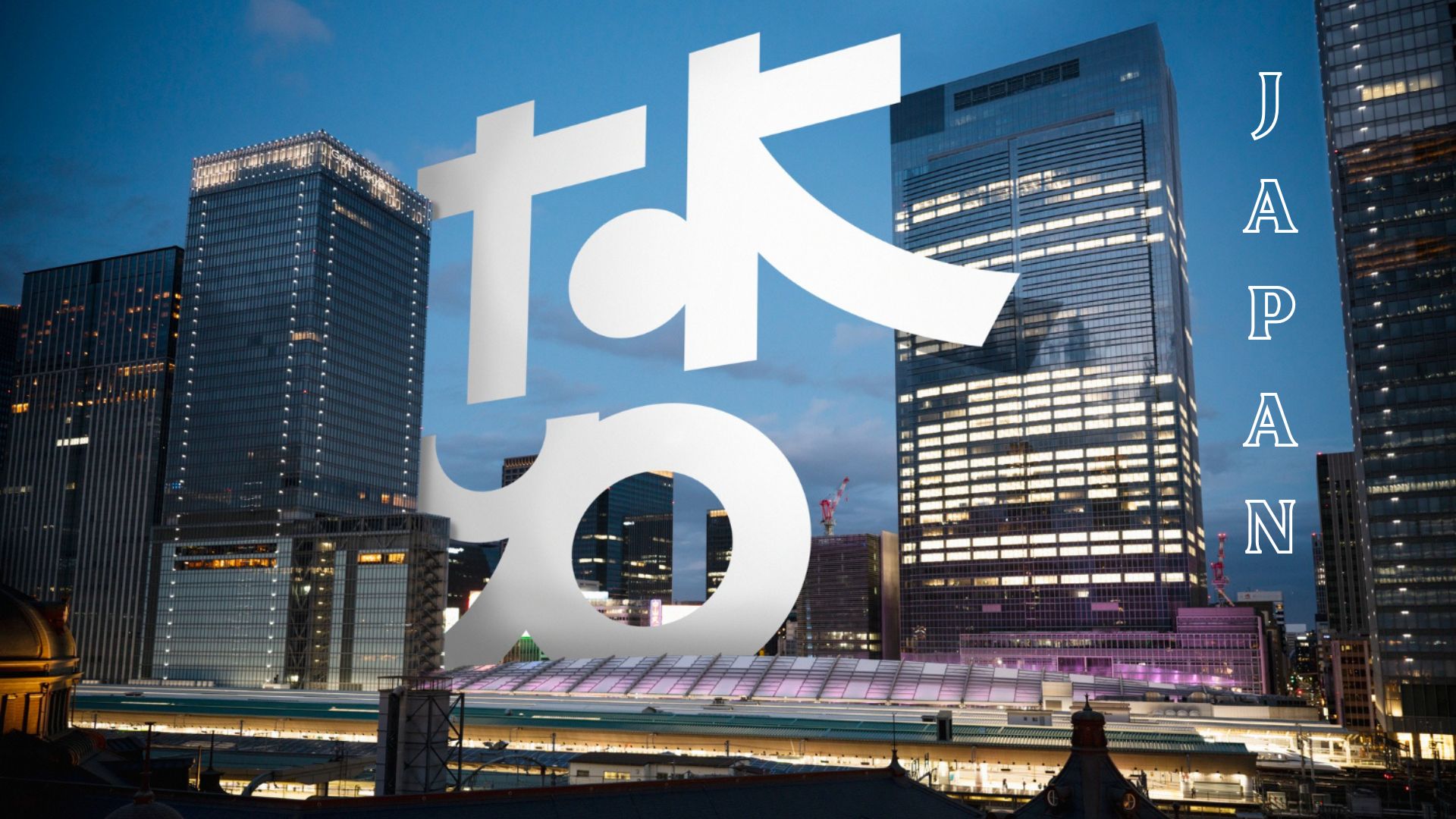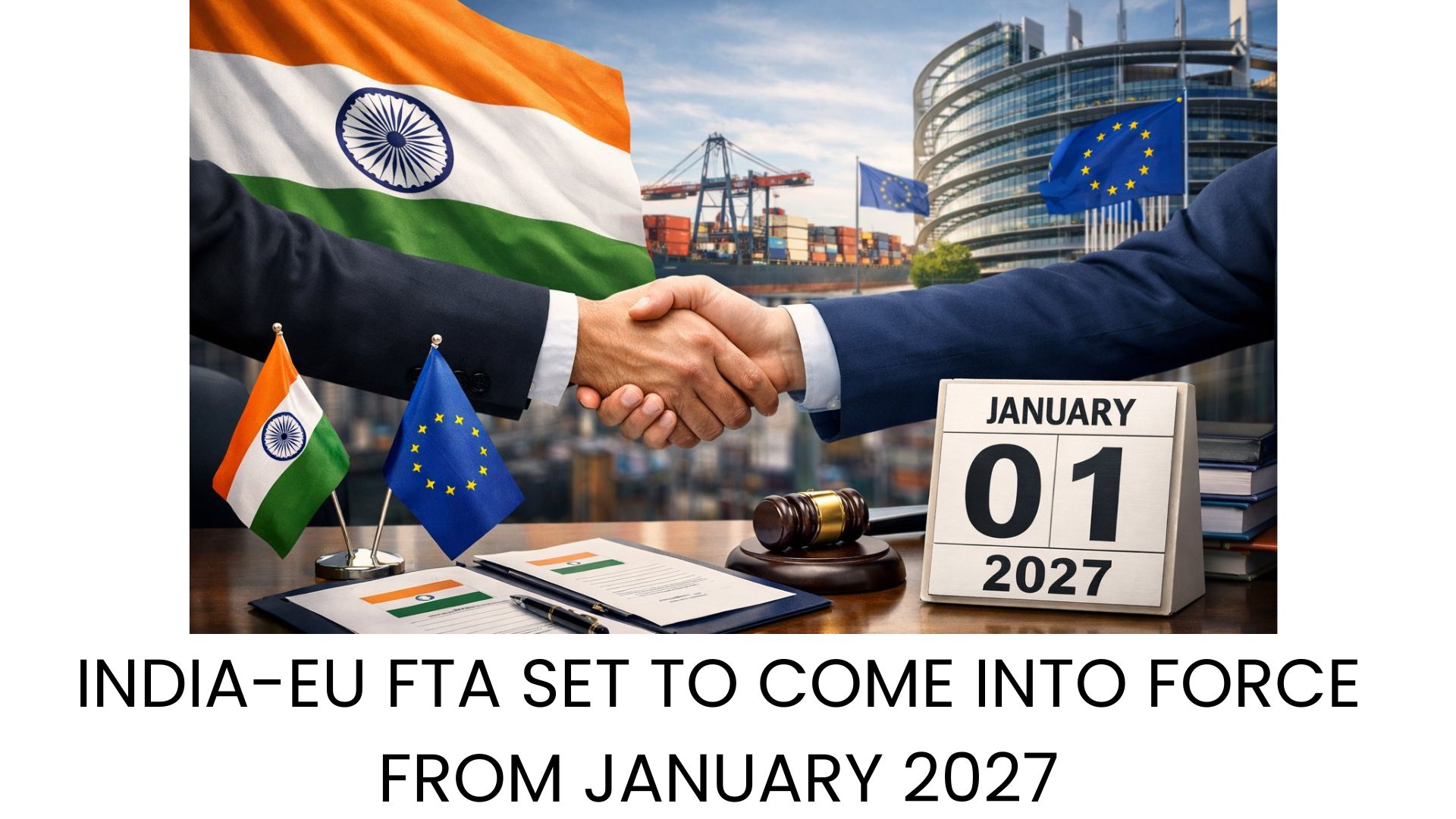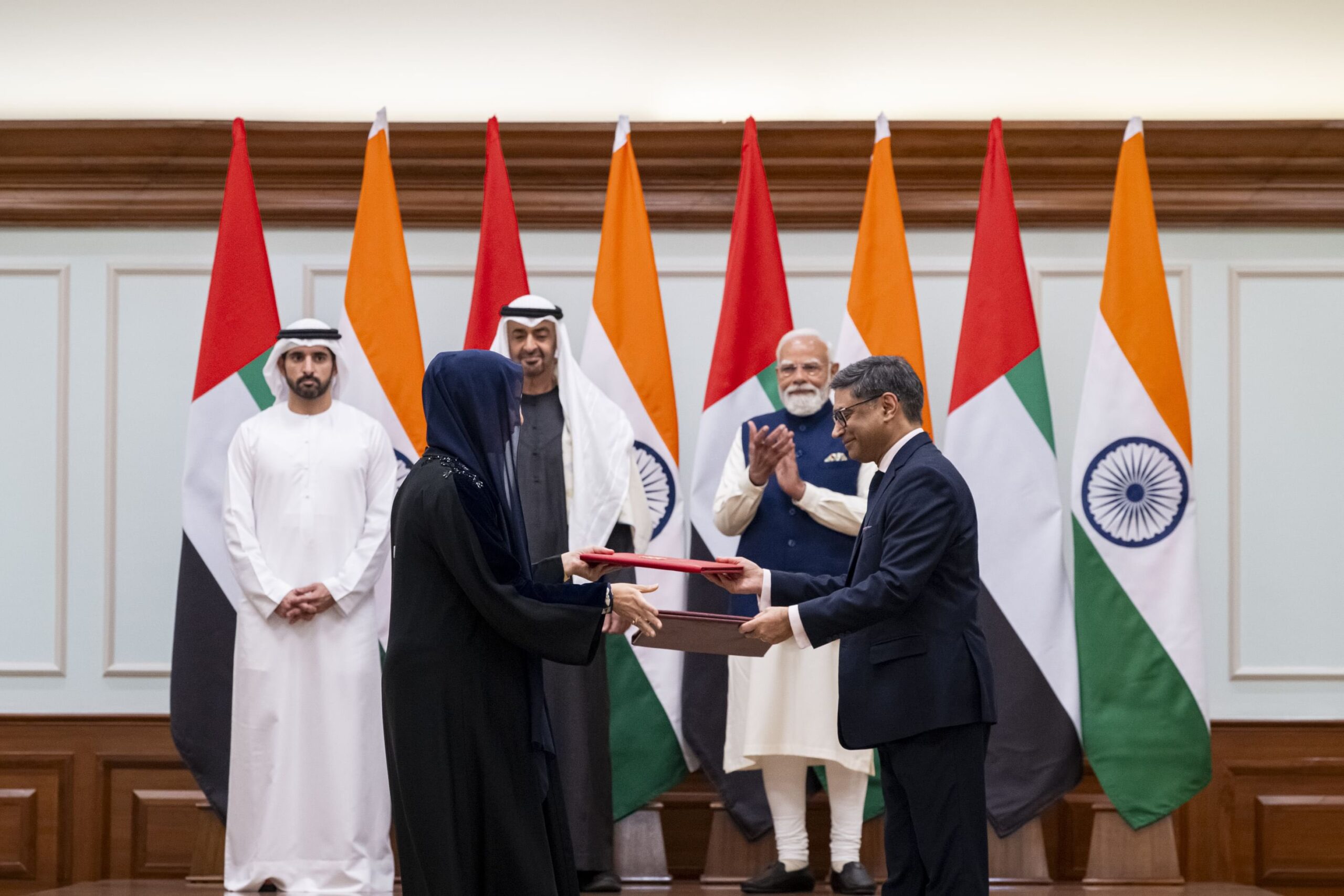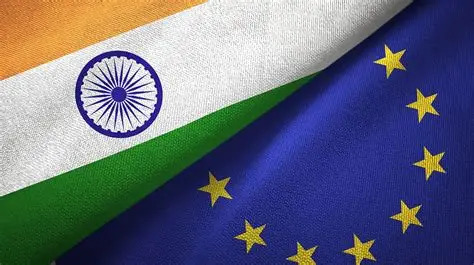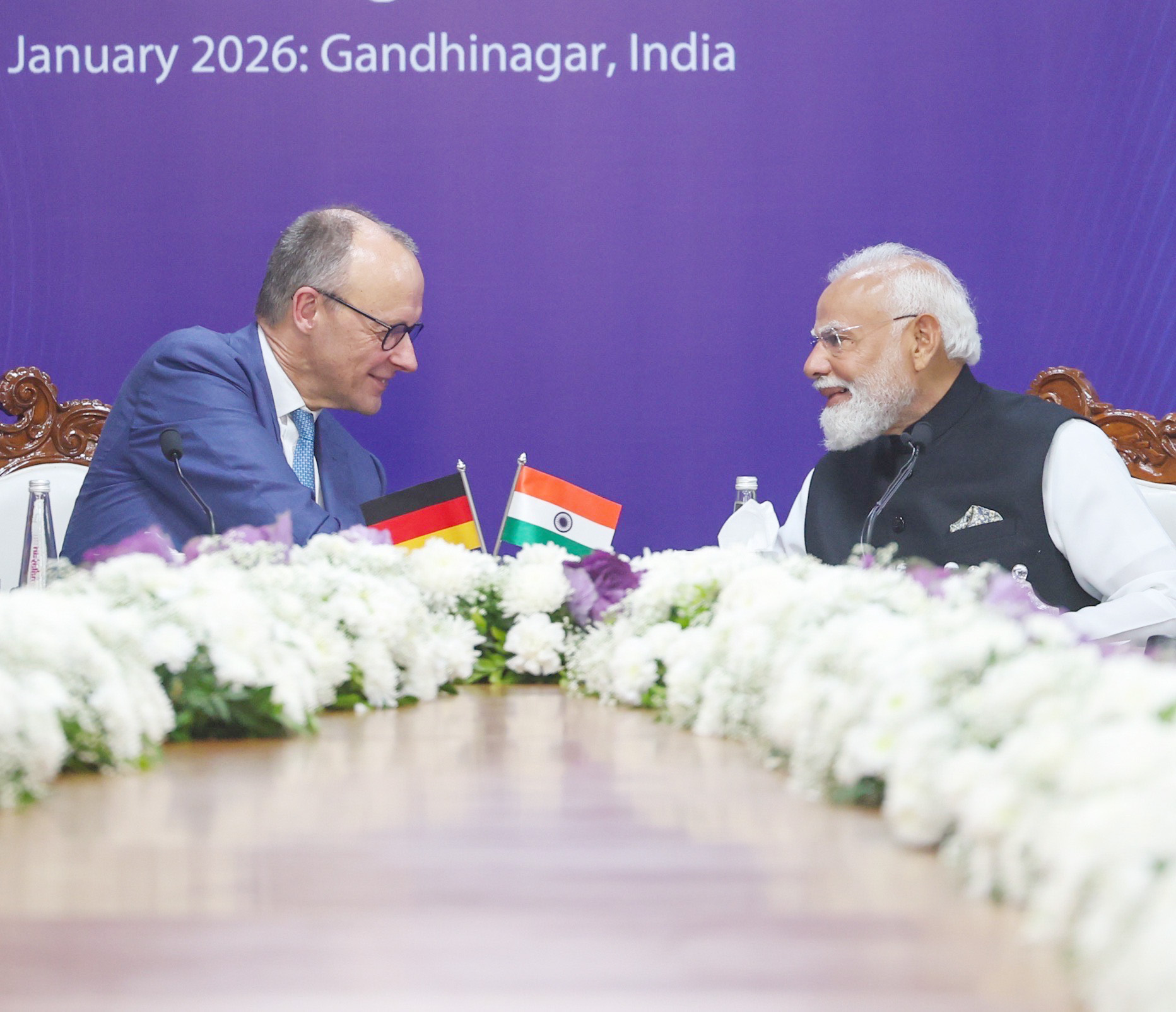India–UK Free Trade Pact: A Global Runway for Indian MSMEs, If We’re Ready to Take Off
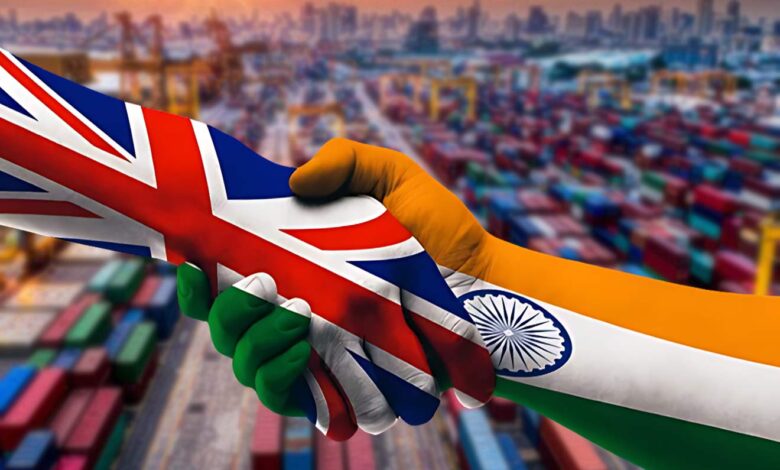
As Prime Minister Narendra Modi visits London this Thursday, India is on the cusp of signing its most forward-looking Free Trade Agreement yet the much-anticipated India-UK FTA. Though years in the making, this pact comes at a moment of renewed urgency. With China’s global trade dominance under scrutiny and India recalibrating its export strategy post-COVID and post-Brexit, this FTA is more than just a diplomatic handshake. It is potentially a game-changer for India’s 63 million micro, small and medium enterprises (MSMEs) provided the policy intent translates into on-ground facilitation.
This is not a typical tariff-shedding trade agreement. It’s a layered, multidimensional framework designed to enhance bilateral goods and services trade, ease mobility for skilled professionals, encourage digital trade and for the first time extend India’s MSME footprint deep into one of the world’s richest consumer markets.
The Tariff Reboot
One of the biggest wins is that the FTA will eliminate tariffs on nearly 99% of Indian exports to the UK. This single measure realigns the rules of competitiveness for MSMEs operating in sectors such as textiles, leather, auto components, gems and jewellery, and light engineering. Indian cities known for their small manufacturing clusters could see substantial uplift as they reclaim price advantage lost to nations like Vietnam and Bangladesh.
Tariff elimination is not just a policy win; it’s a cost correction. MSMEs, which often lose bids due to narrow pricing margins, can now bid more aggressively for UK contracts. A zero-duty access point makes the UK a friendlier entry gate into Europe, especially in a post-Brexit environment where India can negotiate bilaterally, free from Brussels’ bureaucracy.
MSMEs Beyond Borders
What sets this FTA apart is its inclusion of mobility and services a dimension often excluded from India’s trade deals. The Global Business Mobility visa now allows Indian professionals in sectors like IT, Ayurveda, food & beverage, wellness and yoga to work in the UK for up to three years without paying National Insurance contributions. This not only makes Indian talent cost-competitive but also opens new vistas for MSME-led service exports.
Consider the solo entrepreneur a chef from Delhi, a SaaS founder in Bengaluru, or a yoga practitioner from Rishikesh. For the first time, they’re no longer bound by location or complex paperwork. The FTA makes people-led trade a formal export category, expanding the very definition of Indian exports.
The Digital Dividend
India’s FTA with the UK will also pioneer a new framework for digital trade. With legally recognized e-contracts, unhindered cross-border data flows and source code protection, this deal speaks directly to the tech-powered MSME economy especially startups in fintech, SaaS, design and digital education.
These clauses reduce regulatory uncertainty and remove hidden costs. Indian SaaS startups, for example, no longer need to worry about setting up local infrastructure or navigating unclear data rules when serving UK clients. This is arguably India’s first trade agreement that treats digital MSMEs as front-row players, not just incidental beneficiaries.
Trade Corridors, Not Just Trade Talks
The FTA also introduces logistical and procedural clarity that makes exports smoother for smaller players. Measures such as simplified Rules of Origin, 48-hour customs clearances, and mutual recognition of product standards drastically cut the red tape that has historically discouraged MSME exporters. The emphasis on digital trade corridors integrating e-invoicing, supply chain logistics and fintech-backed cross-border payments is a welcome shift from analog-era thinking.
For Tier-2 and Tier-3 exporters, this could mean the difference between a domestic ceiling and a global customer base.
Green Trade
Yet, not everything is frictionless. One looming challenge is the UK’s adoption of climate-linked import levies, especially the Carbon Border Adjustment Mechanism (CBAM), which will affect carbon-intensive exports such as steel, aluminium and chemicals. Indian MSMEs in these sectors will need to meet higher environmental compliance standards or risk losing their competitiveness despite zero tariffs.
While the government has launched initiatives like the Green Credit Programme and interest subsidies for sustainability upgrades, a targeted Green MSME Transition Fund may be needed to help traditional sectors modernize without bleeding margins.
MSME Readiness Is Key
For this FTA to realize its transformative potential, execution must move from centralised celebration to decentralised facilitation. It’s not enough that the agreement is signed in London it must be understood in Morbi, Agartala and Bhiwandi.
This requires:
- Setting up Export Facilitation Cells in every MSME district, with real-time guidance on UK regulatory compliance.
- Curated UK–India SME Trade Missions to build buyer trust and accelerate first-order wins.
- Financial support through export credit, digital platforms and trade insurance, designed specifically for firms with under ₹10 crore turnover.
A Global Opportunity Built on Local Potential
The India–UK Free Trade Agreement will be a historic pivot not just for India’s diplomatic calendar, but for its small businesses poised at the edge of global relevance. With tariff-free access, people mobility, digital pathways, and market recognition, this agreement could redefine how the world sees Indian MSMEs not as backyard workshops, but as world-class creators of value, design and innovation.
But policy ambition is not self-executing. The coming months will test whether India can convert this diplomatic win into an MSME export revolution one where scale is not a barrier, and the next export icon can rise from the most unexpected district.
The runway is being cleared. It’s now time for India’s small businesses to take flight.






